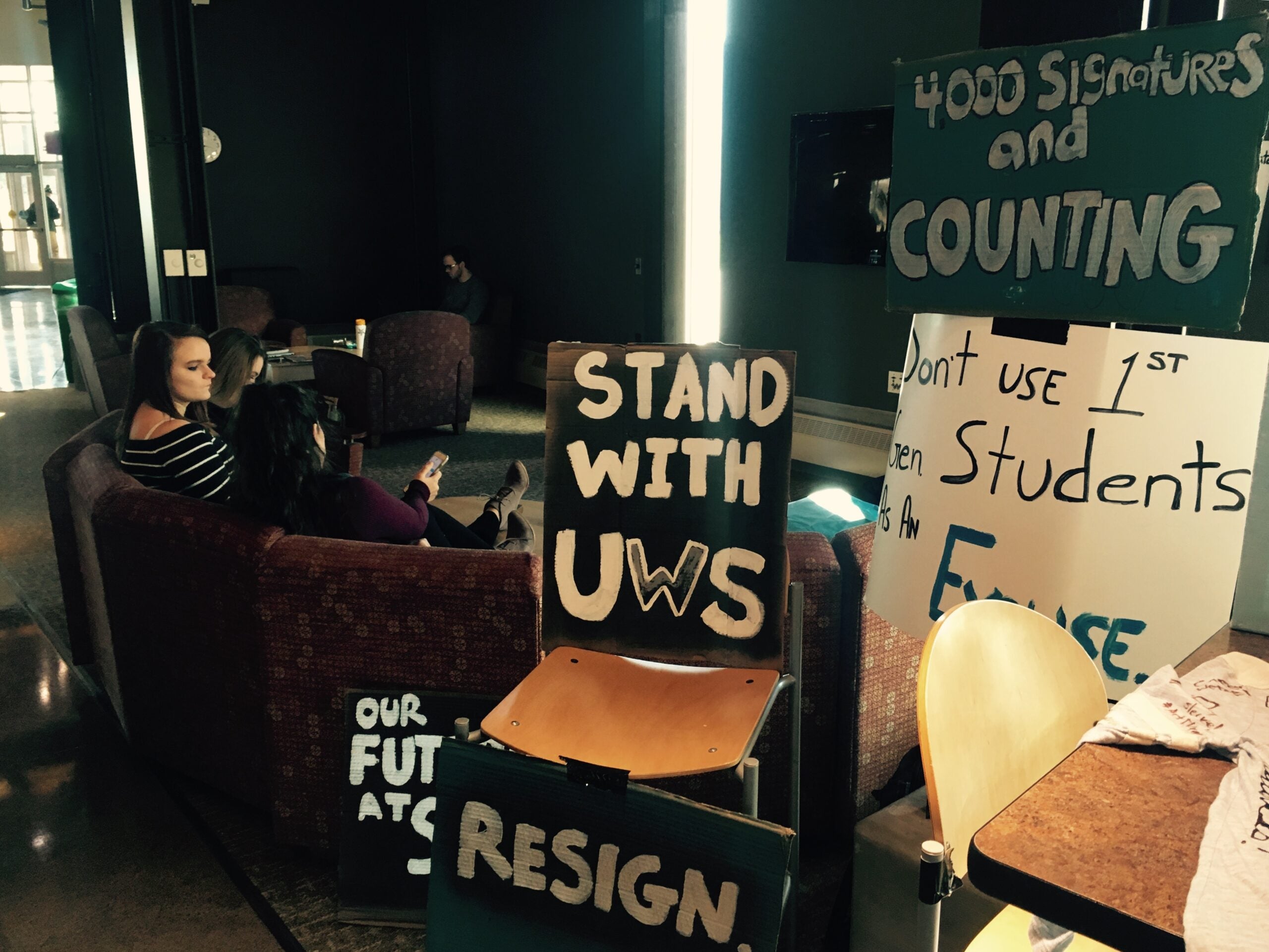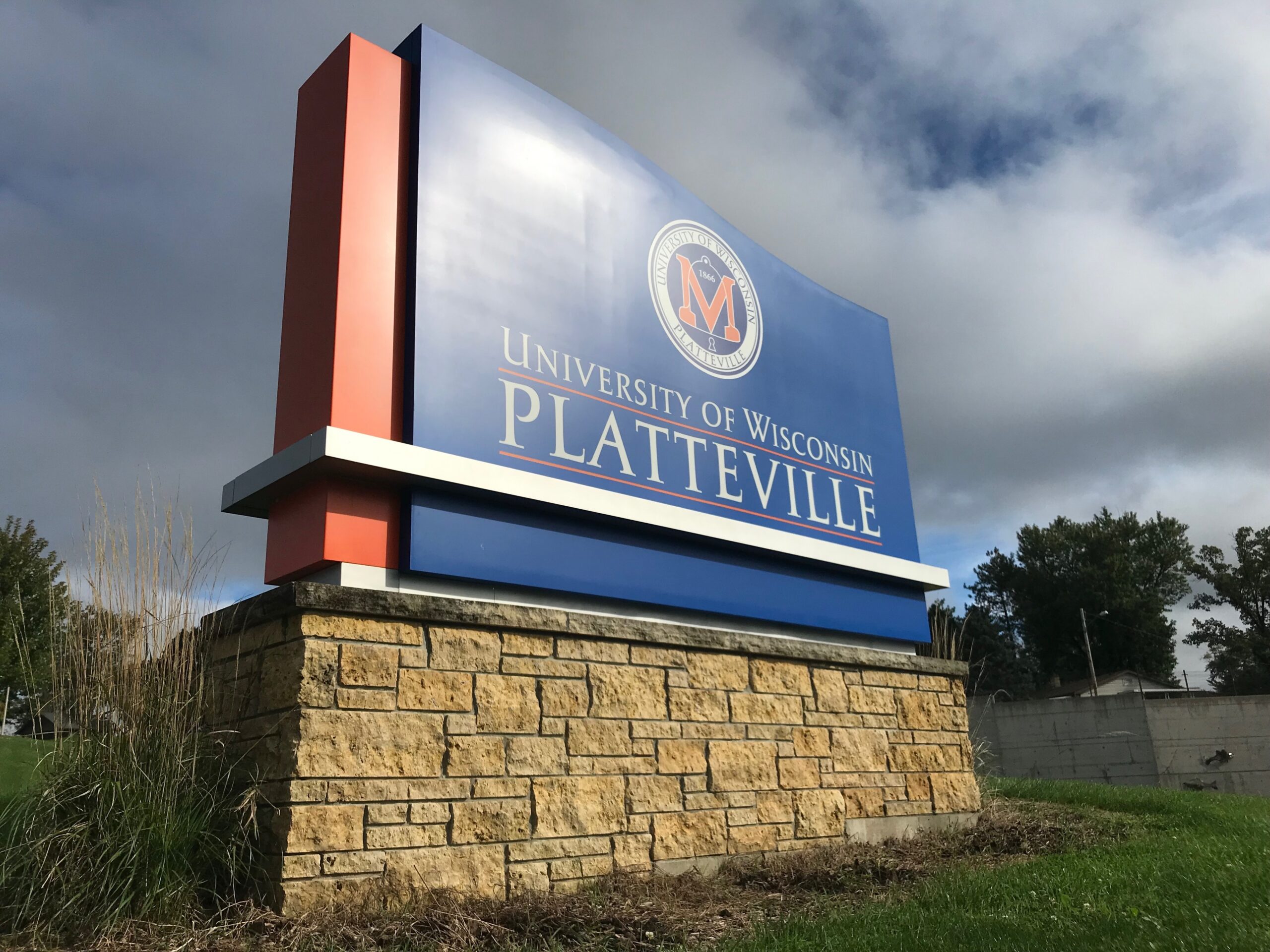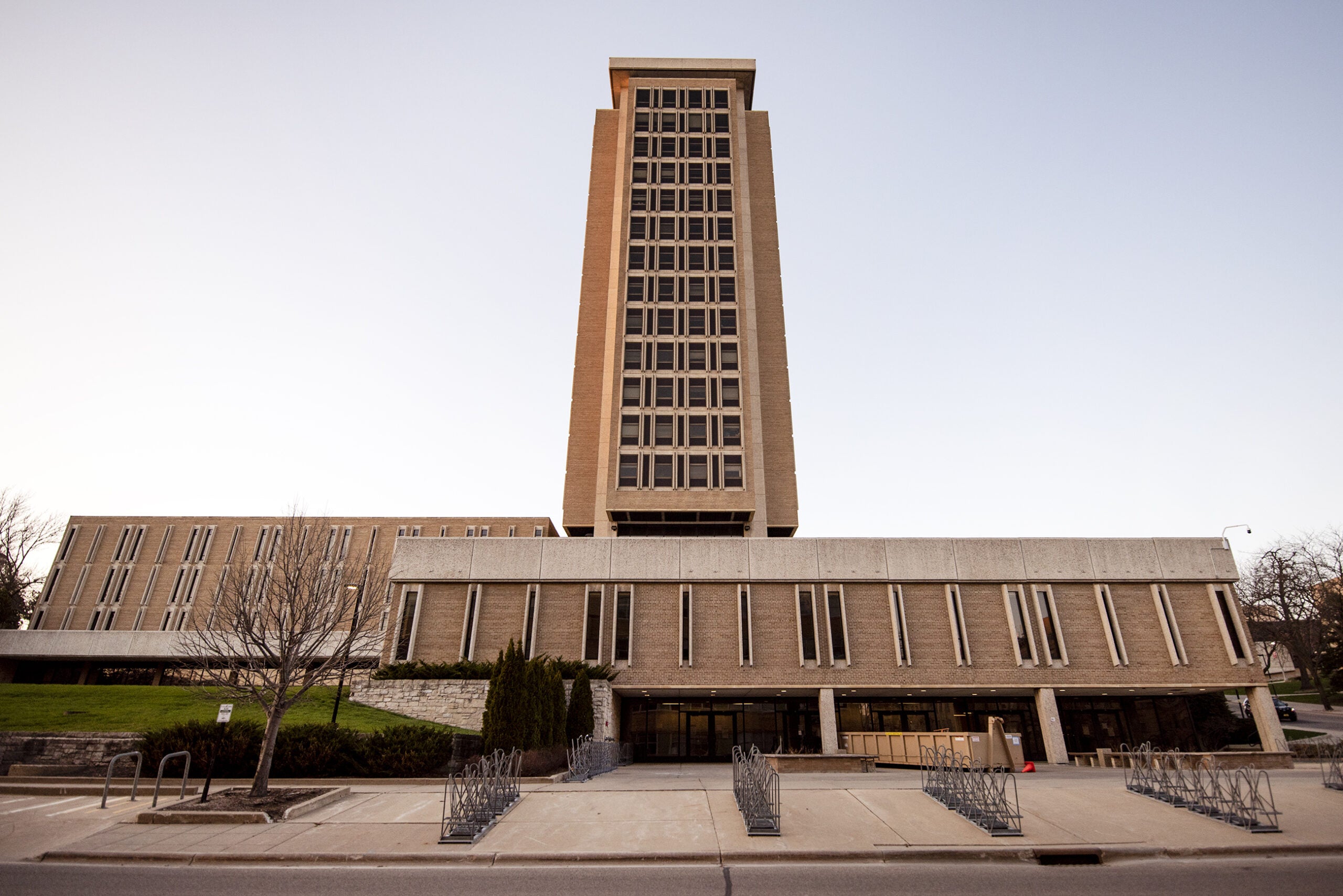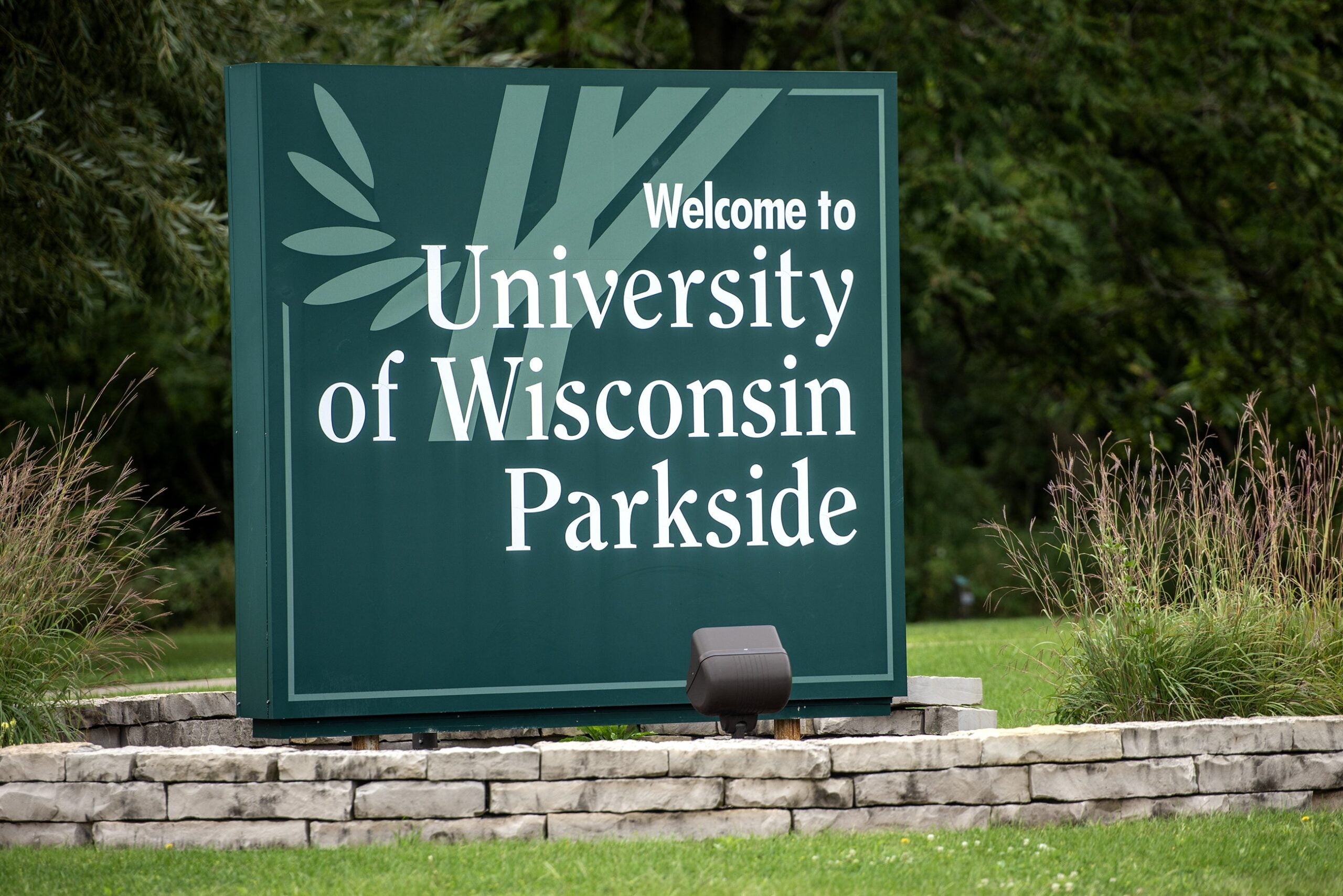A University of Wisconsin System attorney recommended UW-Superior leaders consult with faculty and staff over its plans to suspend 25 programs last fall, but the administration didn’t heed that advice.
In an email dated Oct. 30, UW-Superior Provost Jackie Weissenburger reached out to UW System’s legal counsel to confirm that Chancellor Renee Wachter could suspend programs without faculty and staff approval, according to emails obtained and published by the Wisconsin Federation of Teachers.
“It was my impression that our chancellor could make that call without governance approval IF we were not intending to issue layoffs or terminate faculty or instructional academic staff,” wrote Weissenburger in an email.
News with a little more humanity
WPR’s “Wisconsin Today” newsletter keeps you connected to the state you love without feeling overwhelmed. No paywall. No agenda. No corporate filter.
Tomas Stafford, general counsel for the UW System, replied back the same day with an explanation of the state’s shared governance statutes.
“(T)he chancellor shared governance provision, states that the chancellors ‘in consultation with their faculties shall be responsible for designing curricula and setting degree requirements; determining academic standards and establishing grading systems …’” wrote Stafford. “Thus, the statutory scheme seems to envisage that chancellors play a primary role with respect to the curricula, in consultation with faculty, and that would seem to include program array, program suspensions, etc.”
The next day UW-Superior administration announced it would suspend 24 majors and minors, as well as one graduate program.
Deborah Augsburger, president of the AFT-Wisconsin Local #6514, said administration may have the final say in decisions. But, she said faculty should still be consulted. Danielle Kaeding/WPR
Deborah Augsburger, president of the AFT-Wisconsin Local #6514, said they were surprised to learn what was going on behind the scenes.
“It’s very interesting that the day before they’re asking for confirmation of their authority to overrule faculty governance, but they’re still being reminded … that they have to at least be consulting with faculty and they went ahead and suspended them anyway.”
Augsburger said UW-Superior leaders also violated System policy because they failed to provide the proper 4-week notice prior to program suspension.
Wachter was unavailable for comment Wednesday. A UW-Superior spokeswoman issued a prepared statement, adding that administration met its obligations in suspending programs and has the support of the UW System and the Board of Regents.
“It was a difficult decision to suspend programs due to low enrollments and poor completion rates, and we value the input we received from faculty and staff over the past five years regarding our program array. The students currently enrolled in the suspended programs will be able to finish their degrees, and we wholeheartedly support them in that effort. Looking to the future, we will focus on the programs that have thriving enrollment, offer students the courses they want to take to meet the demands of our region, and serve our community.”
Augsburger said shared governance is being ignored as the Legislature has limited the power of faculty and staff to influence the future of UW institutions. She acknowledged that administration may have the final say in decisions, but faculty still have a voice in that process.
“Sure, they have the power to do those things, but they’re still supposed to talk to us in an official fashion,” she said. “I think officially speaking, practically speaking, they did not consult with shared governance.”
She said the move has aggravated distrust between administration and faculty on campus, citing a vote of no confidence in Wachter’s leadership in December.
Wisconsin Public Radio, © Copyright 2025, Board of Regents of the University of Wisconsin System and Wisconsin Educational Communications Board.







